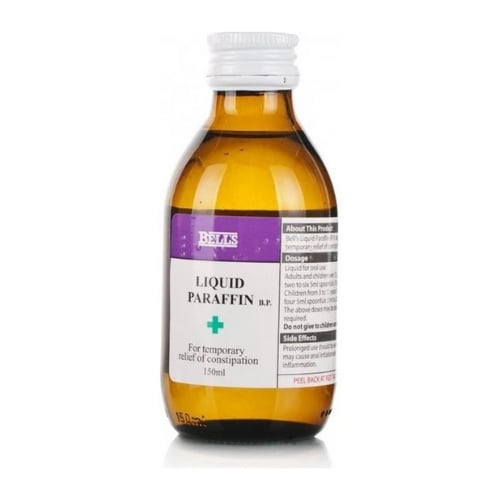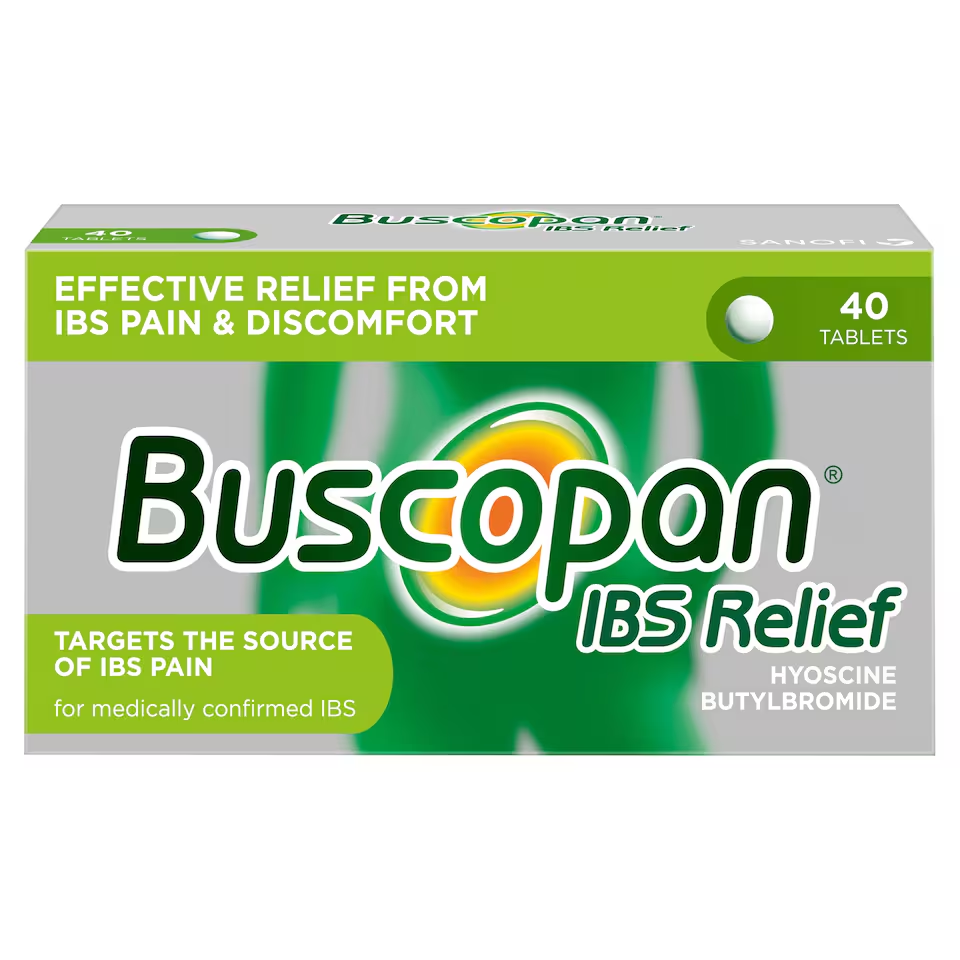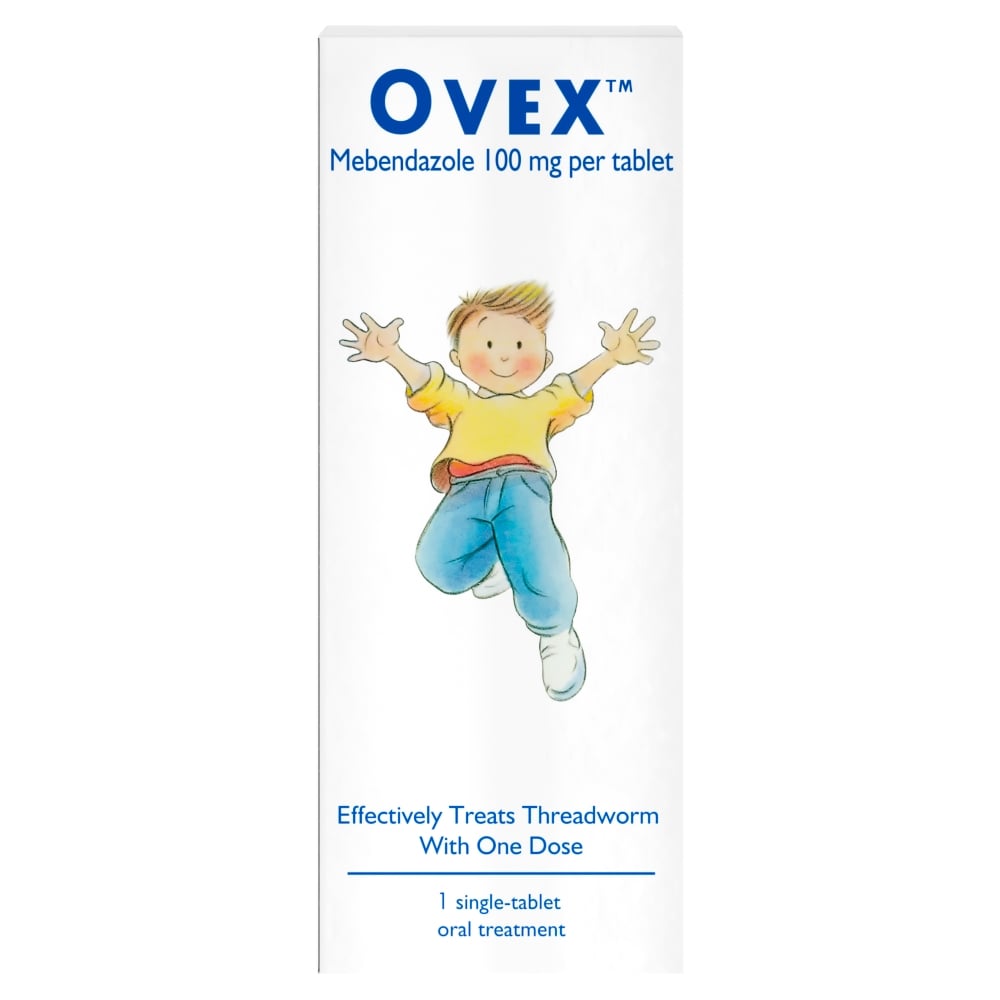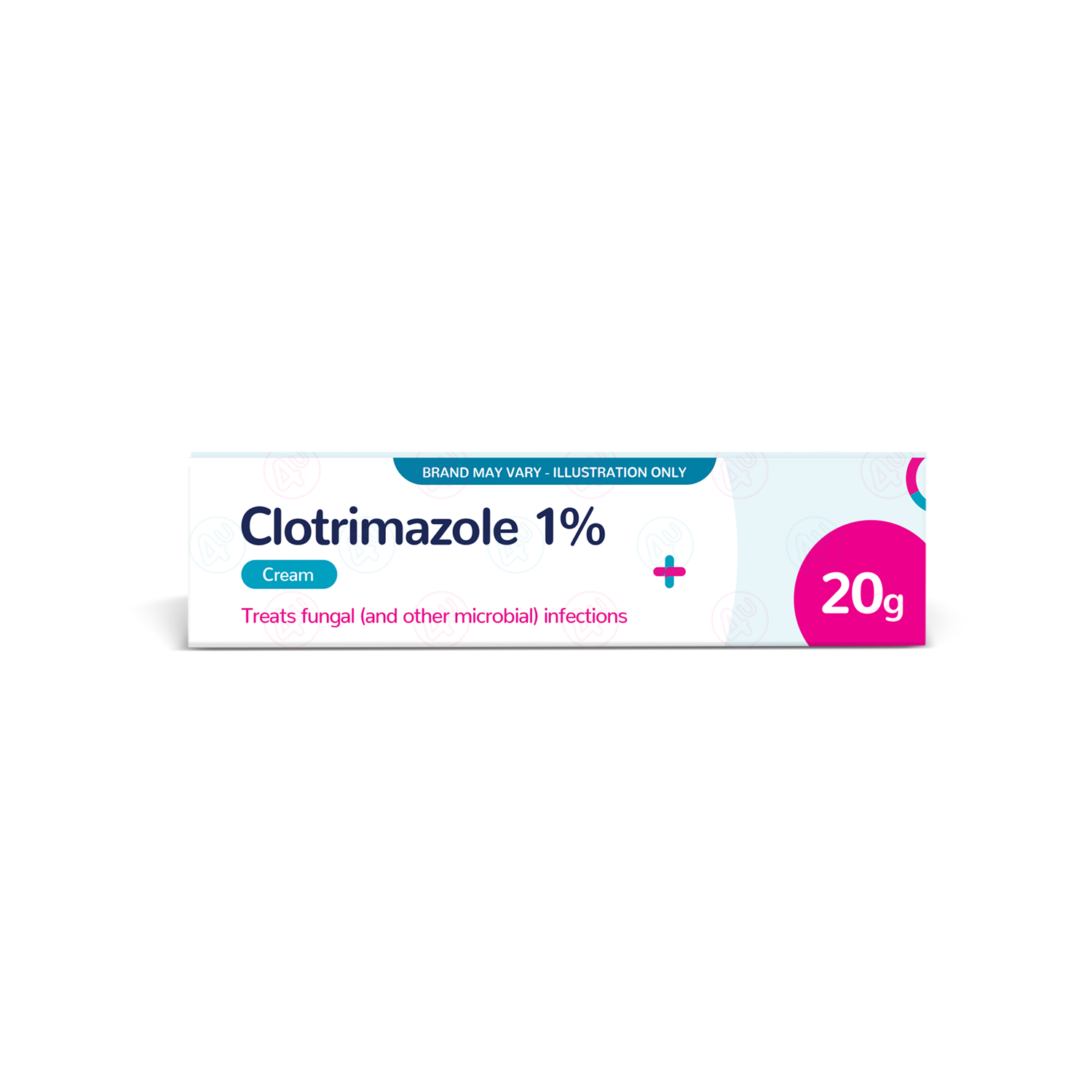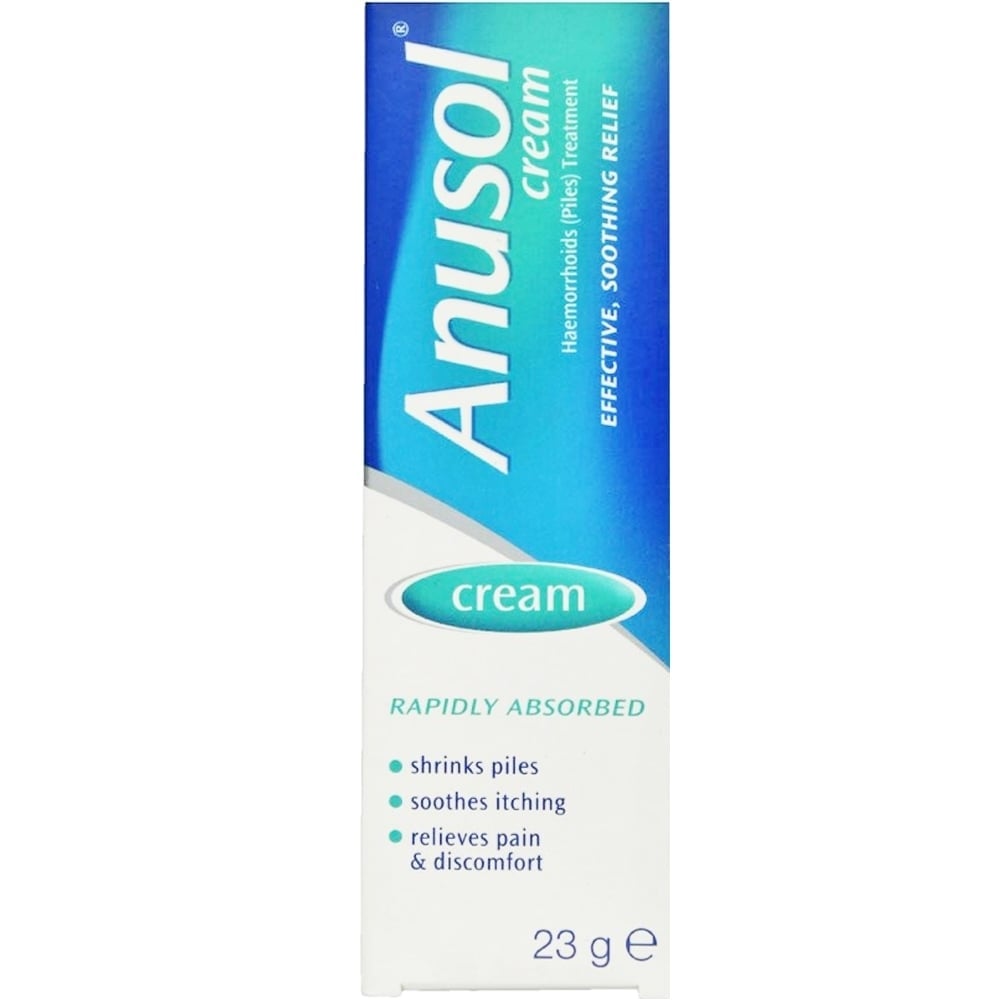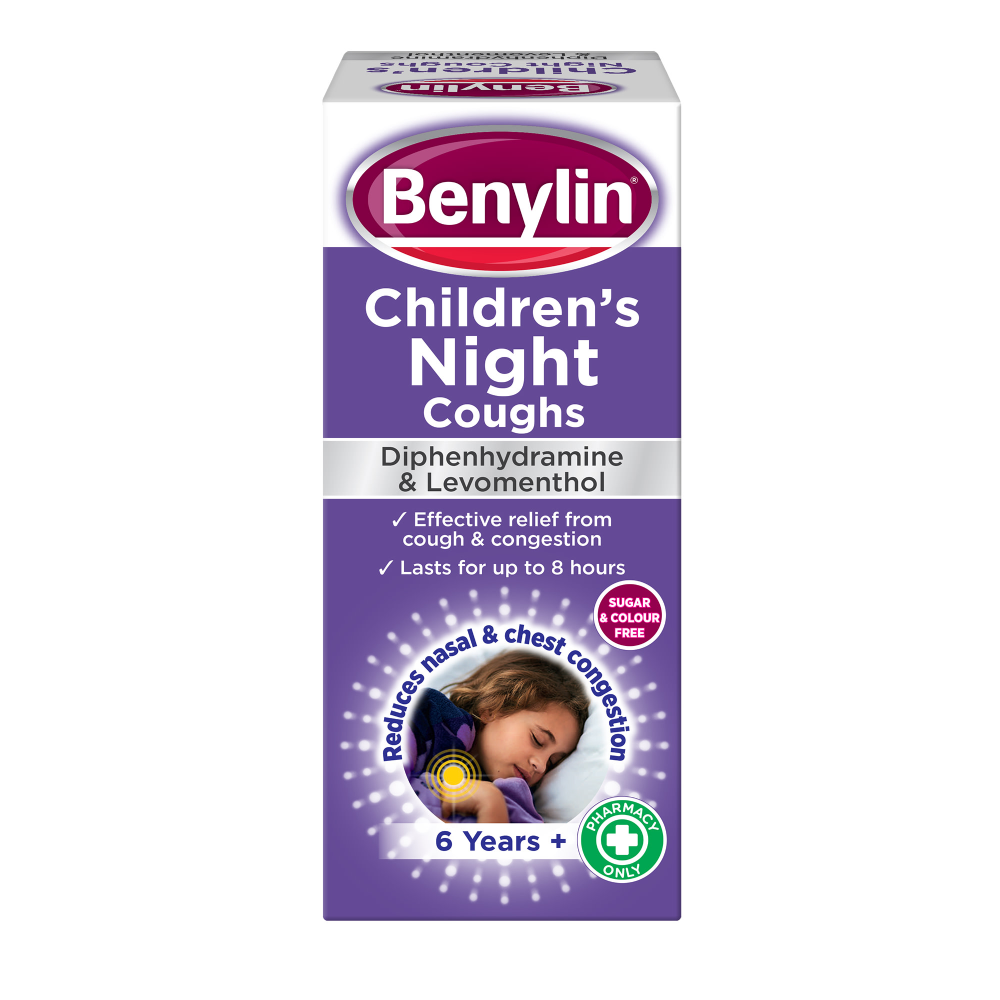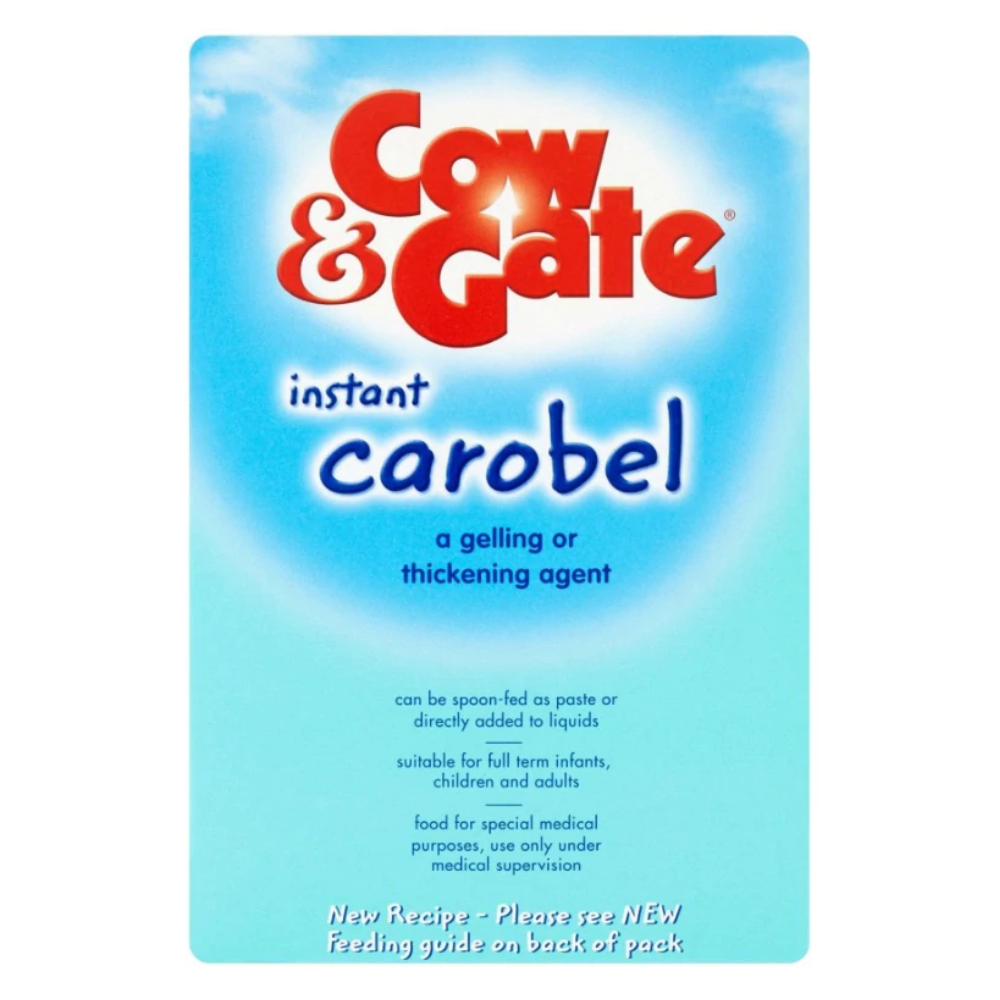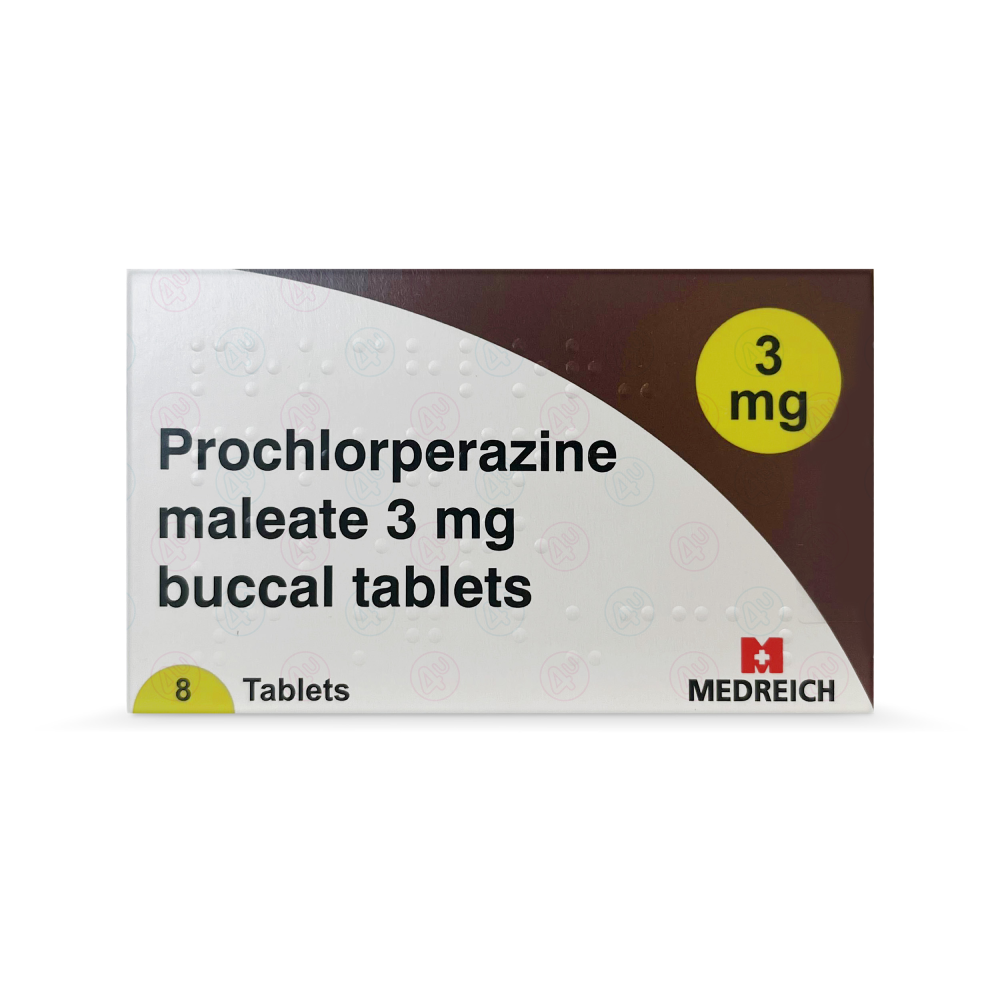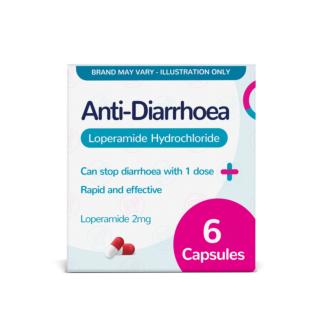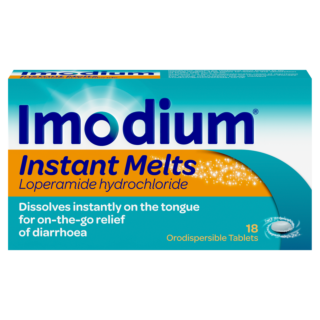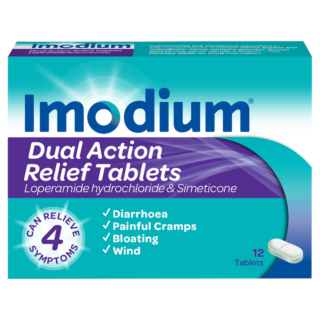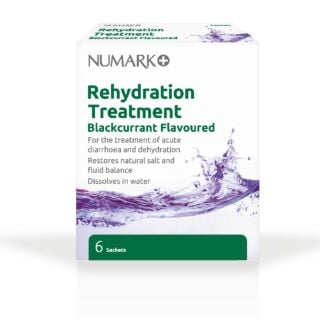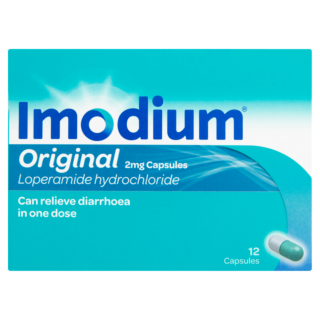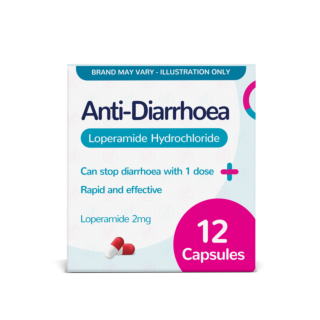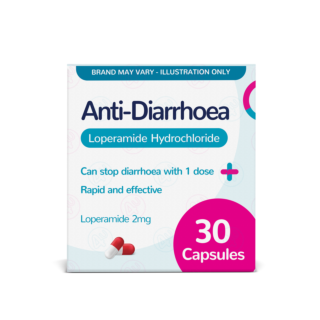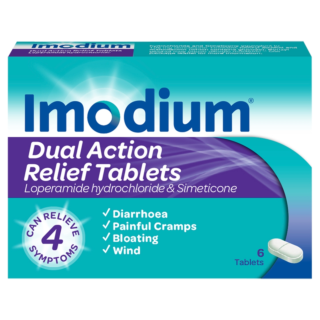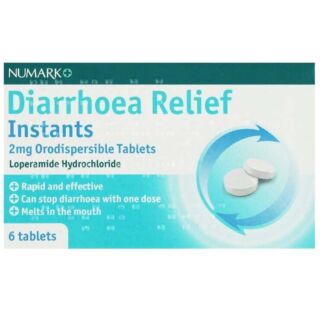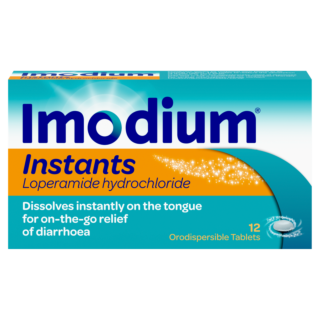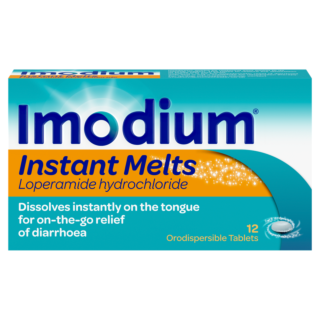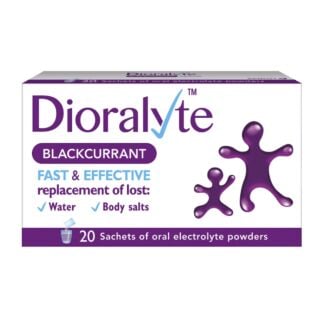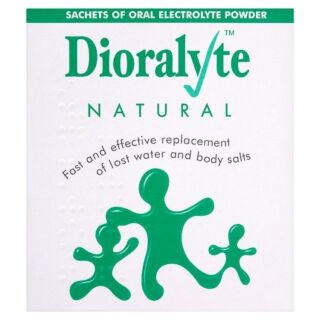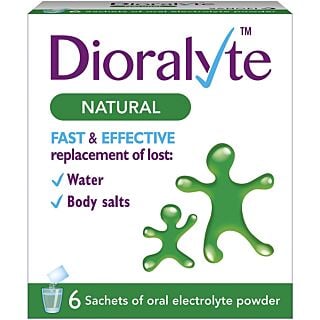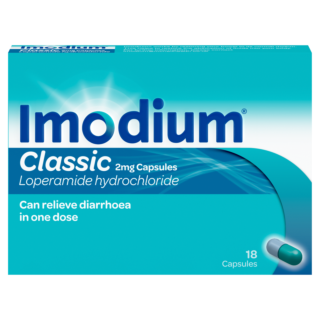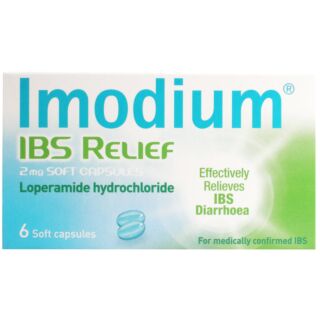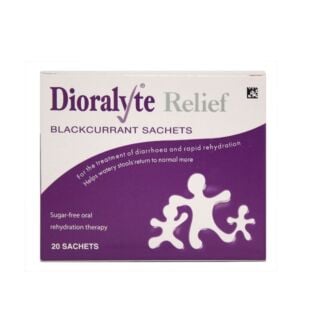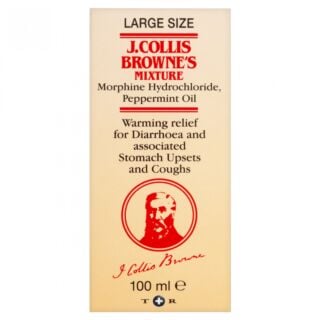Diarrhoea

Free delivery when you spend over £30

100% discreet delivery for every item ordered

Fully regulated UK pharmacy
Are there medicines for diarrhoea in children or infants?
Over the counter medicines to stop diarrhoea are usually suitable for children aged 12 and over, and should not be given to young children or infants.
If your child or baby has diarrhoea, we recommend speaking to your doctor for advice and a suitable treatment.
It’s important to make sure that your child doesn’t become dehydrated if they have diarrhoea, so make sure to give them sips of water, an energy drink, or an ORS drink often until their symptoms pass.
Can Buscopan products be used to treat diarrhoea?
Buscopan products are used to treat stomach cramps caused by IBS (Irritable Bowel Syndrome), your menstrual cycle, or other medical conditions.
Although diarrhoea and stomach cramps can often happen at the same time, Buscopan isn’t a recommended treatment for diarrhoea.
If you are unsure about which treatment or medication is right for you, we recommend speaking to your doctor or pharmacist for advice.
Can vitamin supplements cause stomach pain or diarrhoea?
Vitamin supplements usually won’t cause stomach problems like pain, nausea, or diarrhoea.
However, it’s important to note that supplements can have side effects sometimes, and stomach issues can be some of these.
This can happen if you’re sensitive or allergic to any of the ingredients in your supplement or simply because the supplement isn't right for you.
If you experience any side effects after taking a vitamin or supplement, you should speak to your doctor or pharmacist right away and ask for their advice.
What is the best diarrhoea treatment?
If you want a diarrhoea treatment that works quickly, try an over-the-counter product like loperamide (Imodium) or Pepto-Bismol.
Antibiotics may be given if it’s caused by a bacteria or parasite which you may have gotten from consuming food or water that’s been contaminated.
Diarrhoea that’s caused by a viral infection cannot be treated with antibiotics - you may want to try treatments at home, like eating bland foods, taking probiotics and drinking rice water.
What causes travellers’ diarrhoea?
Travellers’ diarrhoea is caused by drinking or eating food that contains bacteria, viruses and parasites.
You can prevent yourself from getting diarrhoea whilst travelling by avoiding unsafe water, such as buying bottled water or boiling the water first.
Try to avoid eating raw fish, meat or vegetables, and don’t put ice in your drink.
Why does vomiting and diarrhoea cause dehydration?
If you’re ill with a nasty stomach bug, frequent vomiting or diarrhoea can cause you to become dehydrated.
This is because your body is losing more fluids than it’s taking in, and it’s also losing essential salts and nutrients.
Your body needs water to function properly, so when you’re losing fluids through vomiting or diarrhoea you may start to experience symptoms like feeling thirsty, tired or dizzy.



